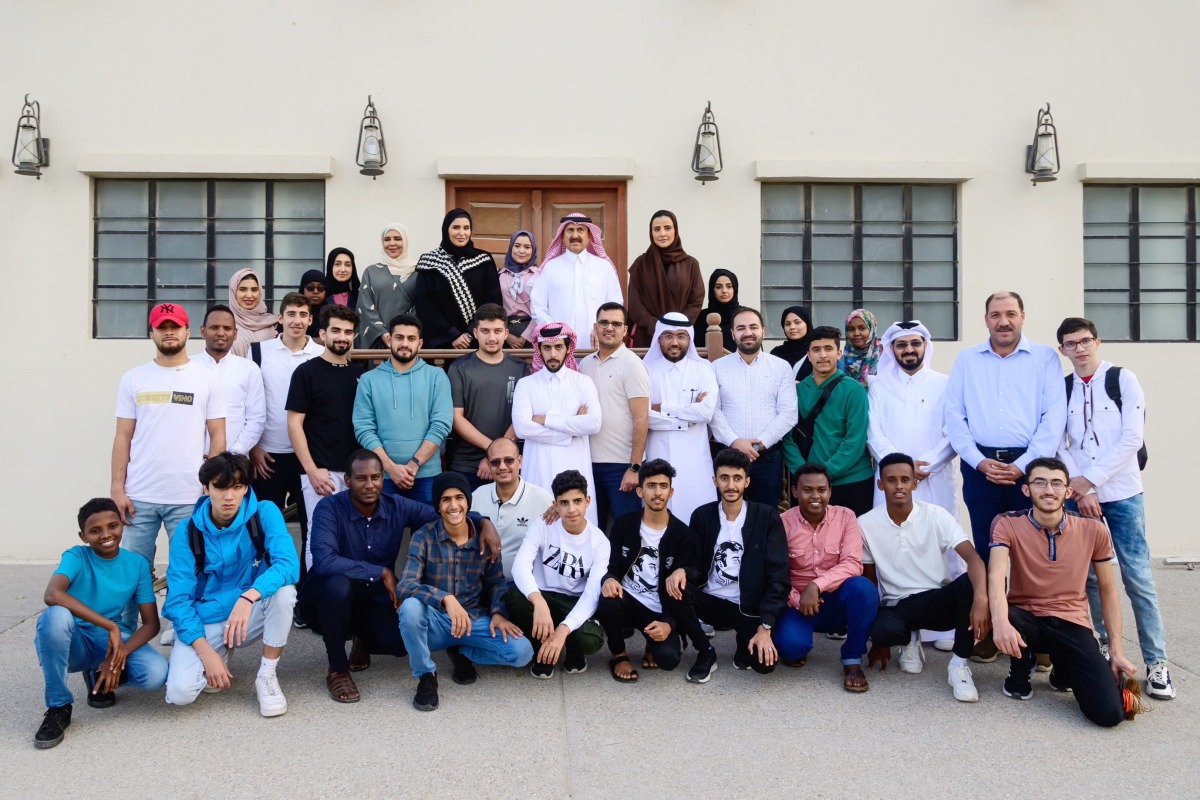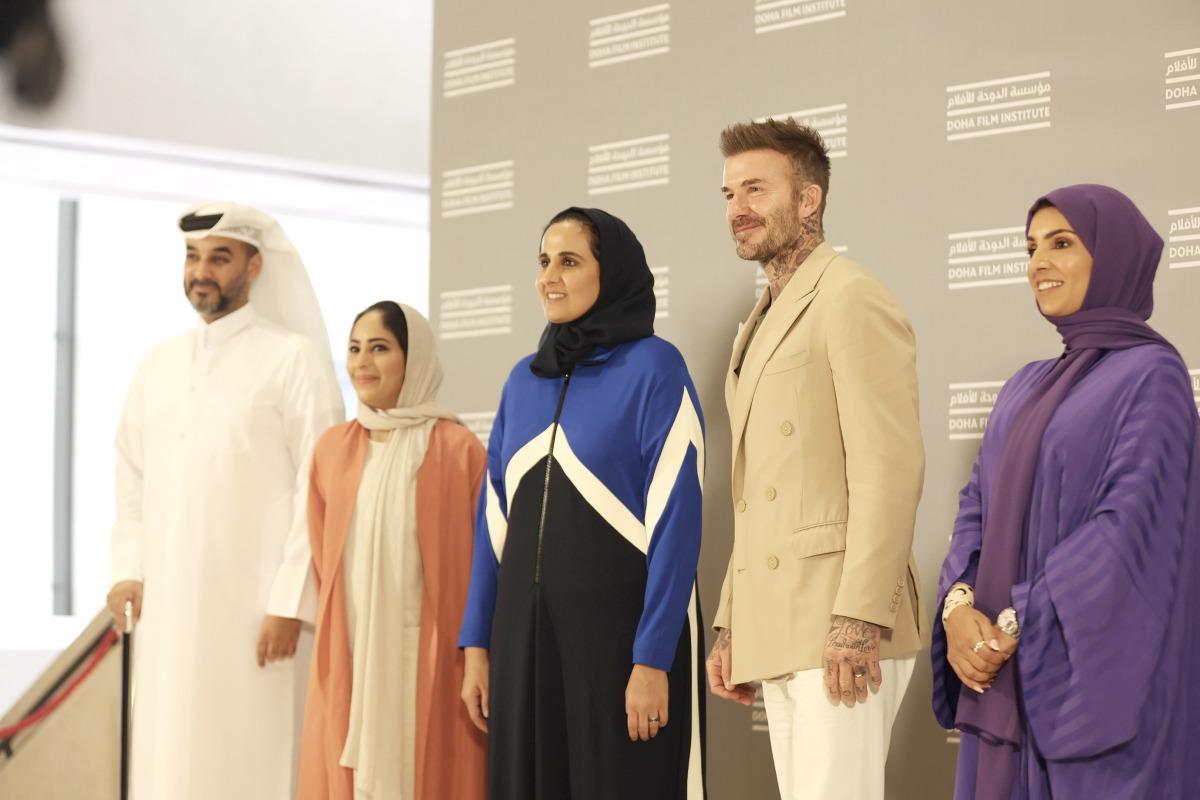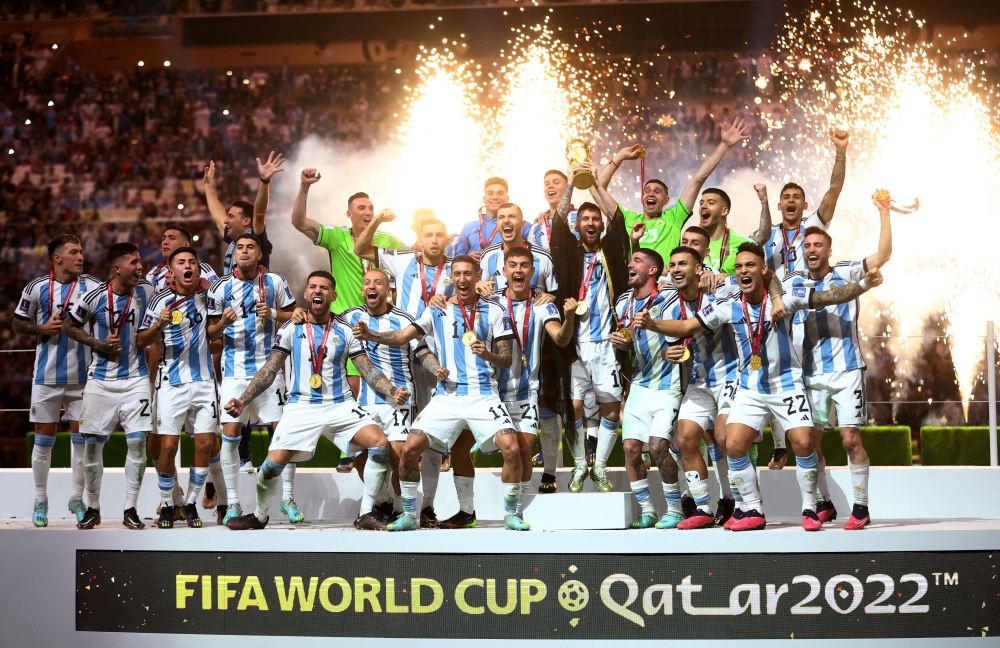After months of harsh criticism of Qatar, the head of Norway’s football federation appears to have changed her mind over the FIFA World Cup 2022, but the football authority insists that more needs to be done.
Lise Klaveness commented during a public parliamentary hearing on the protection of workers’ rights in Qatar, organized by the Parliamentary Assembly of the Council of Europe in Strasbourg, that FIFA and the World Cup organizing body had done “impressive” work to address concerns about welfare issues in the Gulf state.
The head of the Norwegian Football Federation, Klaveness, stated that “human rights like football needs that goals cannot be scored without energy movement, cooperation, activity on the pitch and the issues of workers rights and Qatar is an ideal illustration.”
“My fellow panelists here today have made a great contribution to the impressive list of legal reforms in FIFA and labour reforms in Qatar and it’s not easy,” she said, pointing towards efforts to address workers welfare by the Supreme Committee for Delivery & Legacy.
Qatar has received a barrage of criticism for its track record in its treatment of migrant workers, with scrutiny exacerbating in recent weeks as the World Cup looms around the corner.
Klaveness has been a major critic of the tournament being held in Qatar ever since she was elected to head the football federation in her home country.
Earlier this year, the official slammed FIFA for what she noted was a failure to protect human rights when selecting Qatar to host the 2022 World Cup.
“In 2010 World Cups were awarded by Fifa in unacceptable ways with unacceptable consequences. Human rights, equality and democracy – the core interests of football – were not in the starting XI,” she said during a FIFA meeting in Doha in March.
“These basic rights were pressured on to the field as substitutes, mainly by outside voices. Fifa has addressed these issues but there is still a long way to go.”
“Our game can inspire dreams and break down barriers but as leaders we must do it right and to the highest standards,” said Klaveness, who is herself a former Norway international.
“We cannot ignore the calls for change and how FIFA runs the game has so much to say for how the game is perceived. Fifa must act as a role model,” she added.
The comments, made on the eve of the FIFA draw in Doha earlier this year, appeared to strike a chord with Secretary-General of the Supreme Committee for Delivery & Legacy Hassan Al Thawadi, who express disappointment with Norwegian for not approaching authorities directly.
“On [the issue of a] social legacy, I would like to assure the Norwegian FA,” he said.
“[But] I’d like to express a disappointment. Madame president visited our country and did not request a meeting. She did not attempt a dialogue before addressing Congress today. We have always been open for dialogue, we always welcomed constructive criticism. We have always had the doors open for anybody who wants to understand the issues, who wants to educate themselves before passing any judgment.”
However, speaking in Strasbourg on Thursday, the Norwegian footballing official also said more needs to be done.
“There have been many discussions with FIFA about many things, and we have had many promises which have yet to be fulfilled. Dismissals, delays and hollow commitments just aren’t good enough on this issue. FIFA must now use all its leverage to get changes implemented,” she added.
“We have yet to speak about some of the elephants in the room: ensuring independent investigation of unexplained deaths.
“We demand that safety, respect and rights for LGBTQ+ persons and fundamental respect for women’s football should be non-negotiable requirements for hosting the biggest sports tournament in the world,” she added.
Over the last decade, Qatar has seen a number of historic labour reforms to address such concerns.
In 2021, the country introduced the region’s first ever non-discriminatory minimum wage law, triggering praise worldwide.
Doha also launched a new platform for workers’ complaints in May 2021 to enable employees to submit public violations of the labour law.
Qatar’s Wage Protection System, which requires companies to transmit all payments through Qatari banks within seven days of their due date, is now said to cover over 96% of eligible workers in Qatar.
Additional reform includes two key laws to eliminate barriers on migrant workers leaving the country and changing jobs without permission from their employers.
The new laws have the potential to strike at the core of the Kafala system, which links migrant workers to their employers, if effectively implemented. However, there are numerous cases of employers not abiding by the reforms.
Employees told Amnesty International that changing employment still comes with major obstacles and opposition from dissatisfied bosses.
Qatar’s Minister of Labour Ali Al Marri recently stated that the legislative updates and improvements in the labour sector in recent years have been “continuous and sustainable” and will continue after the World Cup.
Speaking in Strasbourg this week, Klaveness admitted “these are steps in the right direction and it is my experience that the Supreme Committee really tries to meet critics and really work to make lasting changes”.
“It is important to recognise these sincere efforts by Hassan Al Thawadi and his colleagues in Supreme Committee,” she said, referencing the secretary-general of the World Cup organising body.
However, she said “the positive changes need to reach more than the 2% of workers the Supreme Committee covers. And the changes need to be lasting before we can talk about any legacy.”
Earlier this week, the CEO of the FIFA World Cup Qatar 2022 Nasser Al Khater also addressed a range of issues in an interview with Sky News, expressing multiple times that he believes Qatar is being unfairly targeted.
“We’ve taken the challenge upon ourselves and we’ve risen to that challenge,” he said.
When asked by Sky News if he felt the criticism facing the country was racist, he responded saying “I’m not going to get into what the intentions of other people are, I’m not going to get into the minds and souls of other people.”
“But you know, who knows, possibly.”

















Leave a Reply